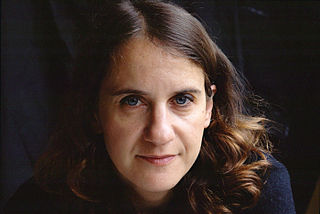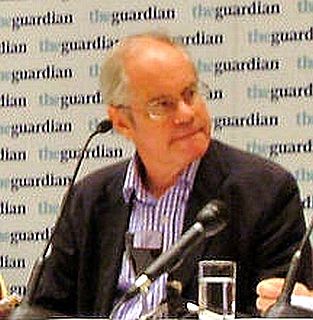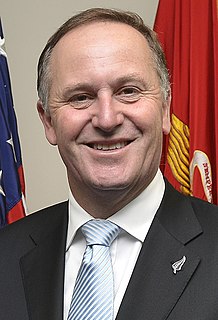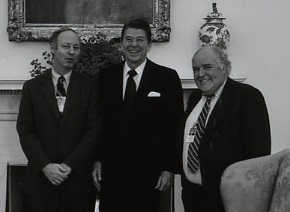A Quote by Rudy Giuliani
We have too many politicians who are poll-driven to excess. Polls are important. You've got to know what the public is thinking, but you can't let them drive you completely.
Related Quotes
Columbia was a wonderful label for me. Wonderful. The records I made there garnered me an audience. I won a number of polls during the years that I was at Columbia. The Downbeat Jazz Poll. Leonard Feather, who was a huge critic back in the day, different polls that he had. The Playboy poll, a number of polls. So the music was great.
The most absurd public opinion polls are those on taxes. Now, if there is one thing we know about taxes, it is that people do not want to pay them. If they wanted to pay them, there would be no need for taxes. People would gladly figure out how much of their money that the government deserves and send it in. And yet we routinely hear about opinion polls that reveal that the public likes the tax level as it is and might even like it higher. Next they will tell us that the public thinks the crime rate is too low, or that the American people would really like to be in more auto accidents.
Every time I think that political analysts and writers will finally recognize that most of them don't understand much about political polls, they prove me wrong. They don't know how to read them; they don't understand the importance of cross tabs within a given poll, and they don't know how to analyze them.
It's possible to spend every waking hour here on the ninth floor and not get out of the office. And this isn't the real world in here. And contrary to public opinion, I'm not incredibly poll-driven. They are an ongoing indicator of how we are going, but I take the feedback I get on the street as being the most important.
Unsurprisingly, the poll-takers don't talk a lot in public about the ignorance of the electorate on political and public policy matters. And the politicians are not going to disclose the, let's say, limited body of knowledge in their constituencies. You don't get elected calling your voters airheads.
In the 2012 election, the polls that had made Mitt Romney so confident that he was going to win were his own internal polls, based on models that failed to accurately estimate voter turnout. But the public polls, especially statewide polls, painted a fairly accurate picture of how the electoral college might go.


































